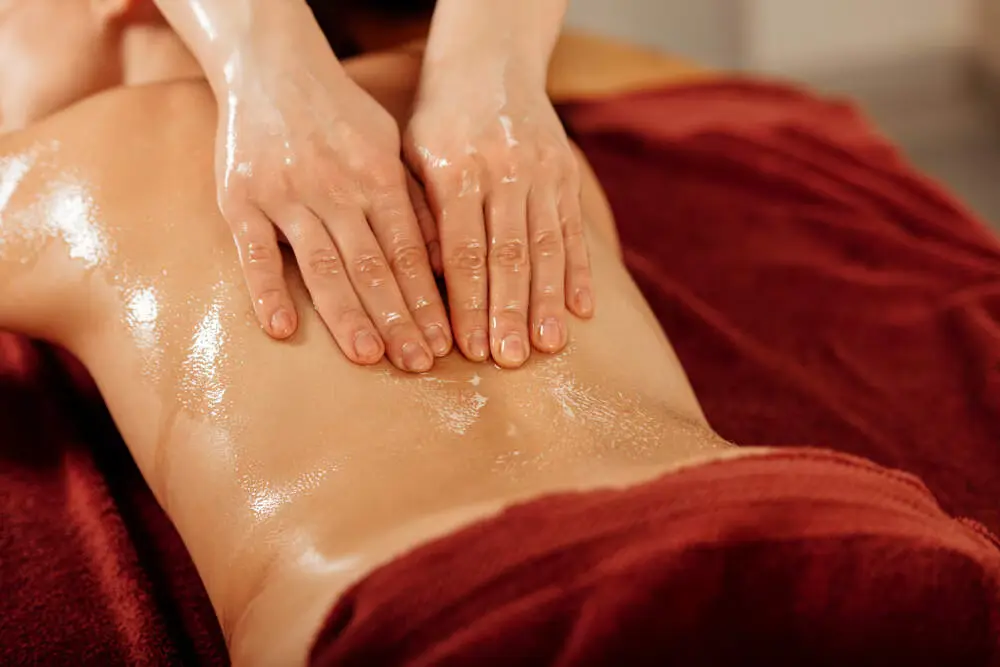Newsletter
Sign up for our newsletter to get updated information.
Abhyanga, a traditional Ayurvedic practice involving the application of warm herbal oils to the body, plays a crucial role in Panchakarma therapy. This holistic approach promotes relaxation and aids in detoxification, rejuvenation, and managing various diseases and pain conditions. Understanding the significance of Abhyanga within the context of Panchakarma can illuminate its multifaceted benefits for health and wellness.

Abhyanga is more than just a luxurious Ayurvedic massage; it is an integral part of Panchakarma that offers profound benefits for managing multiple diseases and alleviating pain. By incorporating this ancient practice into modern wellness routines, individuals can experience enhanced physical health, emotional stability, and overall well-being. Whether used as a standalone treatment or as part of a comprehensive Panchakarma regimen, Abhyanga remains a powerful tool in promoting holistic health